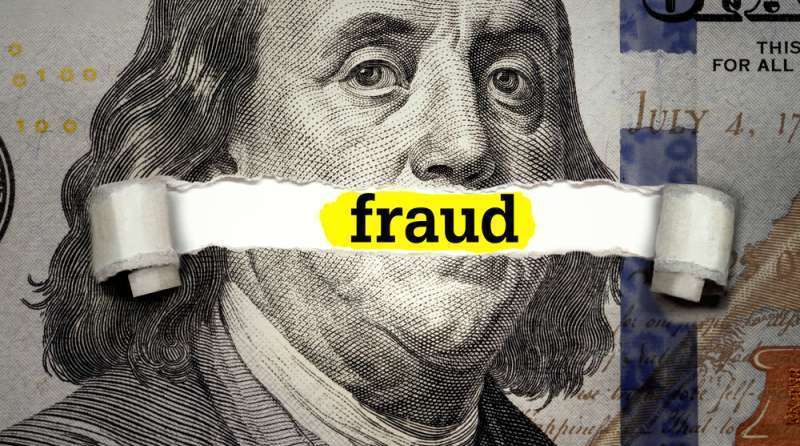
If a Borrower or Obligor does not respond to the opportunity to submit an Offer in Compromise, they may be referred to the U.S. Department of Treasury for various enforced collection activities.

If your SBA loan is in default and you are working with your lender to wind down the business and settle the deficiency with an offer in compromise, time is of the essence. Banks generally do not wait much longer than 60-90 days after the defaulted borrower (business) has been liquidated or shut down to tender an OIC to the SBA for consideration which, if accepted, could potentially release the guarantors from the deficiency for a lesser amount. Generally speaking, the bank or CDC will send you what is commonly known as a Notice of Default, Acceleration and Demand for Payment for the entire loan balance due. If litigation is not a fiscally viable option and after certain collateral liquidation, you may be offered the chance to submit an SBA OIC with the bank or CDC for SBA consideration. If your case is ultimately transferred to the SBA, you should receive a 60-day Official Notice and demand for payment. If you fail to timely submit an SBA OIC within the administrative time frame as noted in this letter, the SBA will then refer your debt to the U.S. Department of Treasury for enforced collection, and thus, you will probably lose your one (1) time shot to settle for less than what is purportedly owed on the SBA debt through the SBA Offer in Compromise process..It should be noted that Treasury rarely collects on these bad loans directly – rather they hire private collection agencies (PCAs) to handle this. These PCAs don’t know anything about the history behind the loan – their job is to be ruthless in their collection endeavors as they generally receive a generous percent of the collected amount or actually bought the so-called junk federal debt for pennies on the dollar. Several of these federally approved private collection agencies or junk debt buyers are particularly nasty, and rarely settle for less than 50% of the outstanding amount as the incentives for collection, litigation and judgment pursuit are very high. Contrast that with the results that we have reviewed and settled and it’s easy to see the importance of addressing your outstanding SBA debt sooner rather than later, whether you’re working with a non-attorney consultant, an SBA Attorney or Federal Agency Practitioner, or attempting to do it yourself. If you think your banker is nasty or difficult to work with, you don’t want to experience the tactics of these collection agencies or junk debt buyers.

When you fail to make payments on your SBA loan, the bank or CDC will start contacting you asking for payment. Eventually, if non-payment continues, and you fail to cure the “default”, the bank or CDC may seek to collect on its collateral. This could include monies contained in an account housed at the same bank, your account receivables, your business equipment, real estate, even your home if you used a mortgage beyond the homestead exemption limits. You can expect that the bank or CDC will aggressively seize pledged collateral because the SBA requires the lender or CDC to take all appropriate steps to collect as much of the debt as it can before tendering a claim to the SBA for the balance. And if the United States Department of Treasury receives your account, then you can expect more aggressive collection action, and possibly, full-fledged litigation.

Filing fees with the court may vary but as of the time of this writing the filing fees are $1,738.
Attorneys' fees will vary on the complexity of your case but will be in the $15,000 to $25,000 range in most cases.
Under a regular Chapter 11, attorneys' fees were usually a minimum of $50,000.

Charge off is the process by which the SBA recognizes a loss and removes the uncollectible loan account from its active receivable accounts. The SBA’s policy is to be diligent and thorough in collection of federal debt and to promptly charge off all uncollectible accounts to more accurately reflect the status of the individual account and the Agency’s entire portfolio. It should be noted that a charge off is merely an administrative determination that does NOT affect SBA’s rights against any obligor nor reduce the SBA’s (or a participant lender’s) ability to proceed with any available remedy.




.jpeg)
.jpg)